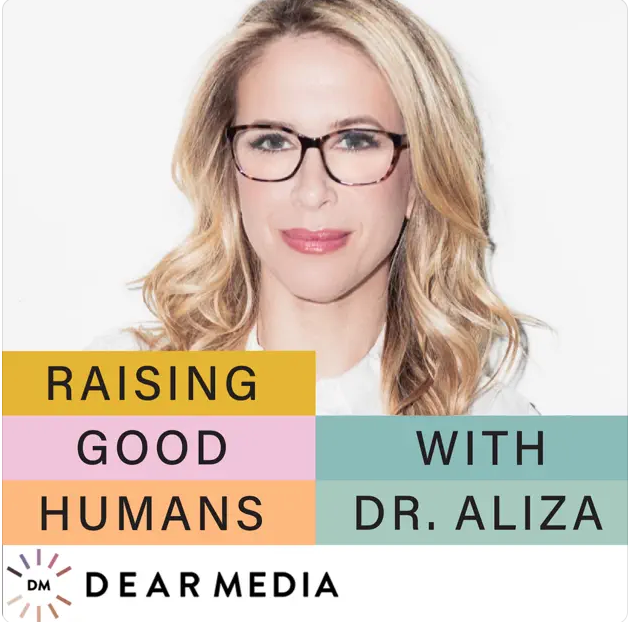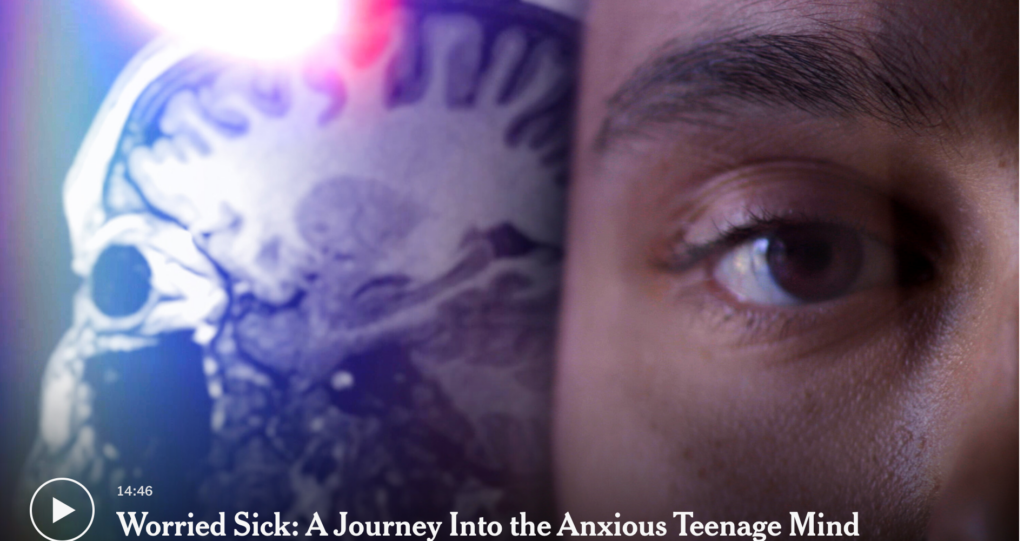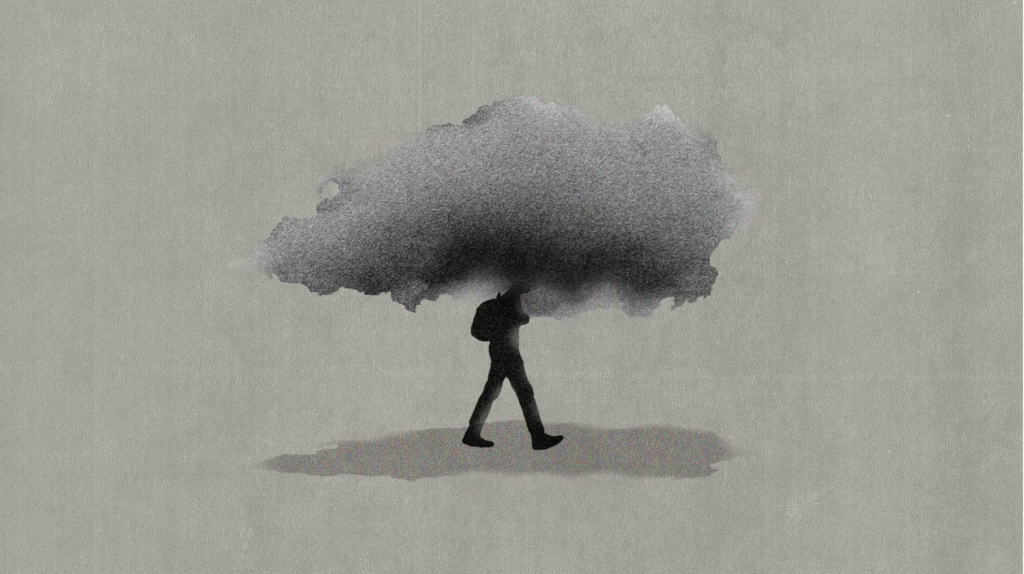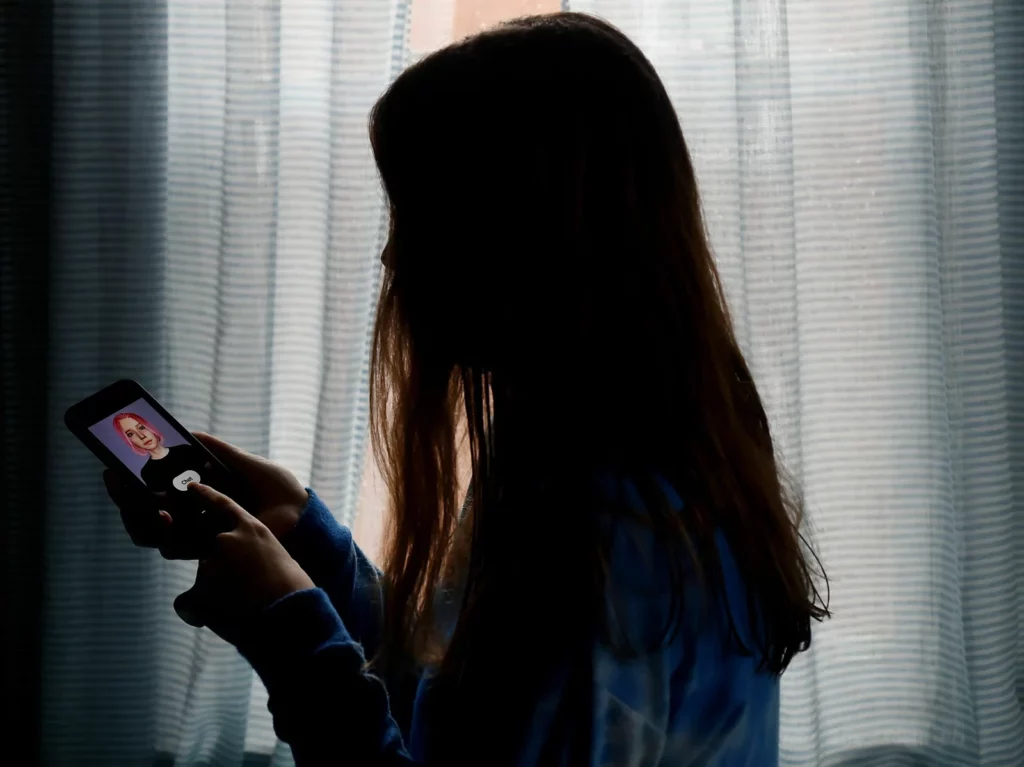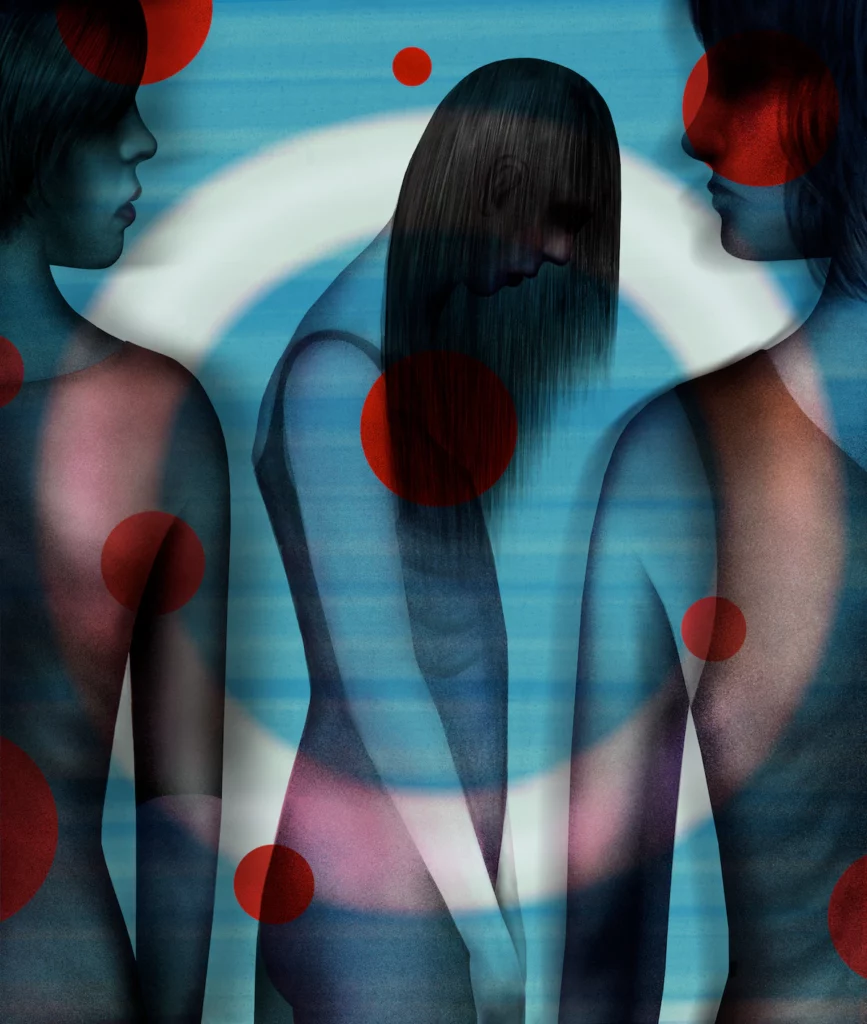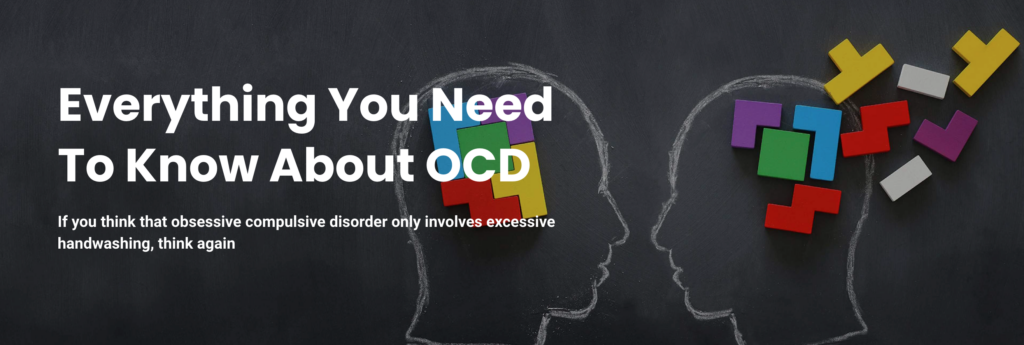
Everything You Need To Know About OCD
We all experience anxiety, a feeling of dread that happens to be your body’s natural response to stress. It may be brought on by a variety of circumstances, including making an important decision, an upcoming test, or meeting someone new.
If someone is living with an anxiety disorder like OCD, these feelings don’t go away and often develop into symptoms that, if untreated, can interfere with relationships, job performance, schoolwork, and even basic functioning.
Thankfully an OCD diagnosis doesn’t have to limit someone’s potential. Many people successfully manage their OCD and live normal, successful lives.
If you or a loved one has been diagnosed with OCD, there is hope.



